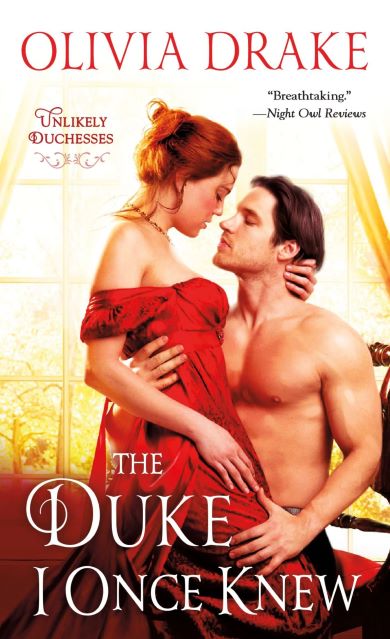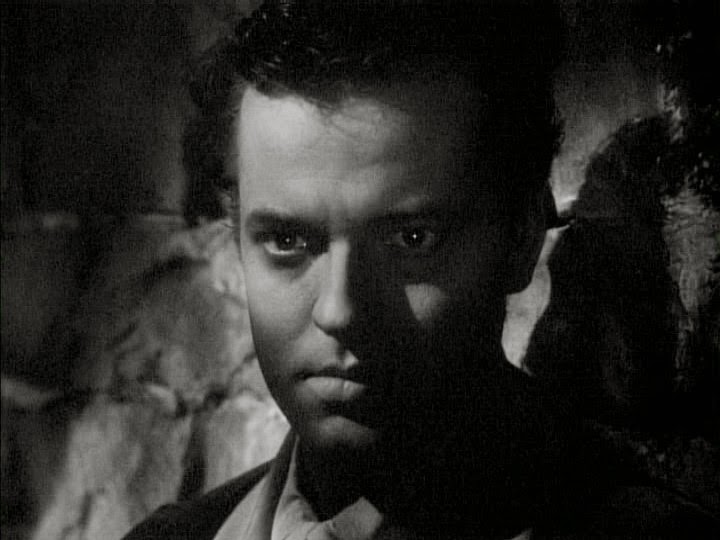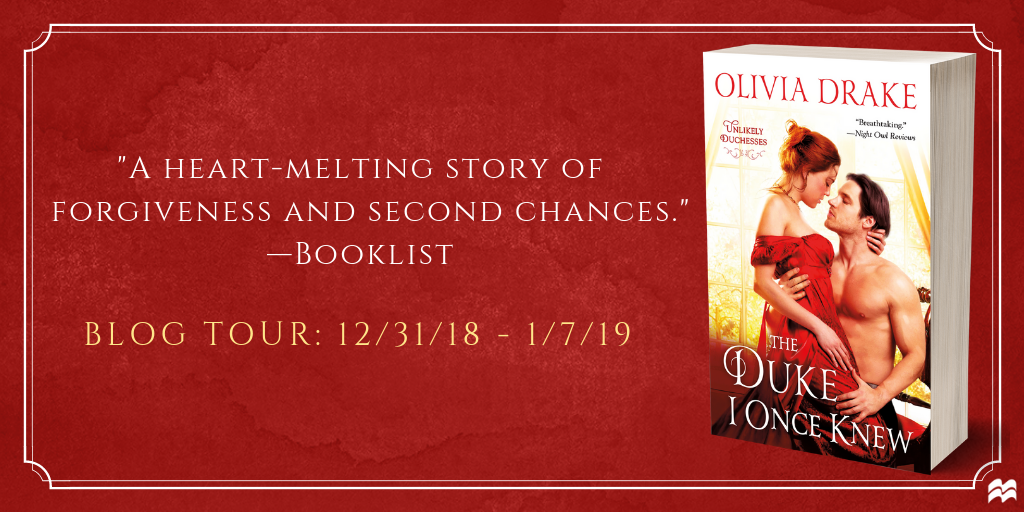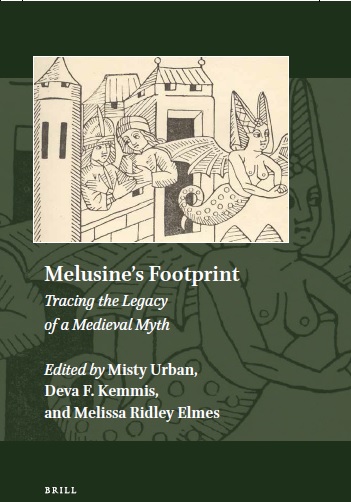 Forgive me for the excursion into romance territory, but I live in the Midwest, where the days right now are short and gray, the nights are long and cold, and the piles of snow from that first enchanted snowfall look tired and worn and dirty. In such times historical romance rises to the top of the reading pile, as it generally goes well with a nibble (or entire candy bar) of chocolate, the fake electric fire, and that sense of hopelessness that makes it hard to concentrate on anything really riveting, important, or well-written.
Forgive me for the excursion into romance territory, but I live in the Midwest, where the days right now are short and gray, the nights are long and cold, and the piles of snow from that first enchanted snowfall look tired and worn and dirty. In such times historical romance rises to the top of the reading pile, as it generally goes well with a nibble (or entire candy bar) of chocolate, the fake electric fire, and that sense of hopelessness that makes it hard to concentrate on anything really riveting, important, or well-written.
When there’s better reason than usual to stay out of the dark, poky corners of one’s own psyche, an uncomplicated guarantee of a happy ever after, enduring belovedness, and the promise that no childhood injury or trauma can’t be healed by falling in love is the precise remedy one needs. And that promise is delivered in full by Olivia Drake‘s The Duke I Once Knew: a sweet, soothing balm that all the aches and hurts and losses of one’s past, all the slights and misunderstandings and petty hurts of the present, can be magically and instantly dissolved in the ardent embrace of a ruggedly handsome, very rich, socially powerful man who wants to devote his entire self—body, soul, and vast sexual experience—to the dowdy young woman whom everyone else overlooks.
For historical romance these days, that also means he must be a duke, for, as first in a series named Unlikely Duchesses, Drake’s latest is yet another testament to the fact that the fad for dukes and duchesses is not fading anytime soon.
My only objection is that no one riding high on this unending fascination for duchesses is stealing enough from Eloisa James, who started (or spurred) the rage with her Desperate Duchesses, all of whom are vivid, riotous fun, a shade less than respectable, and determined to get their own way, whatever goal they have in their sights. The problem with the imitators is that, for them, being a duchess is about snagging a duke. (Does he like me? Does he like me now? What can I wear or do to get him to notice me while pretending that I don’t notice or want him in the least?) But for James and the few others like her—hi, Loretta Chase! when is the next Difficult Duke book coming out?—being a Duchess is about being at the top of your class, answerable to no one, fearing nothing, and hell-bent on making your dreams happen. The duke is a convenient accessory, sidekick and companion, glorious bedfellow and delectable arm candy. He’s a welcome prize, but he’s not the point (as odd as it sounds to say this about the genre of historical romance, when the HEA is exactly the point).
But you know what I mean.
Abigail Linton, gentleman’s daughter, has been a dutiful daughter and sister and doting aunt for fifteen years, ever since that golden summer when she fell in love with Maxwell Bryce, son of the neighboring duke. But when Max’s mother died—and Abby wouldn’t let him put his hand up her skirt—Max left for London, there to become a dissolute rake, not write any of the letters he said he’d send her, and break tender Abby’s heart forever.
To her credit, Abby isn’t still moping around for her childhood love 15 years later. She’s merely starting to feel a little too cramped and constrained in her very dutiful lifestyle. So, in a move that shocks her genteel and respectable family, Abby runs away . . . to become governess to Lady Gwendolyn, the Duke’s younger sister. And—surprise, surprise!—find herself in the path of Max, who of *course* is going to come visit his own house with a party of his dissolute friends and would-be mistress, though Abby has convinced herself she never wants to see him again, that non-letter-writing, non-friend, heart-breaking fiend.
The plot and most of the characters that follow have clear antecedents in the second part of Jane Eyre, the part where Jane comes to Thornfield to be governess to the lively Adele, eats her heart out over her dangerous attraction to Rochester, and keeps getting shown up by the icy and ruthless Blanche. (There’s even a wild black horse.) Lady Gwen is nowhere near as spirited or as sassy as Adele, though; she’s a very dutiful ducal daughter. Lady Desmond has none of the presence, cunning, command, or talent of the brilliant Blanche; she’s merely a very pretty golden blonde, which seems to be the only reason Max wants her. And Max, alas and alack, is no Rochester. He has none of Rochester’s spirit, temper, scars, secrets, wildness, tenderness, intelligence, and darkness; no illegitimate children, no wives in the attic, no sado-masochistic streak.
He is in fact a bit—sorry, Max—of a dud at being a rake. Where a real rake would wear women as trophies, gamble his fortune on the turn of a card, risk his life and the lives of others in neck-or-nothing horse races, and thumb his nose at polite society, Max only tumbles willing widows, spends his money backing prizefighters known for winning, and can’t resist a damsel in distress. He’s such a perfect match for Abby that the only way to keep them apart is for their author to keep inventing reasons—mostly Lady Desmond—for Abby to be annoyed at him, in consequence of which they spend so much of the book being annoyed with each other that you wonder why they even want to be together at all.
Why am I grumpy with Abby for being nice? Because all Abby wants is Max. Her vulnerability is touching, especially as she comes to face that she still has feelings for him, even though she’s sure he’ll never become the devoted, tender, entirely faithful lover she really wants. And yet, this is genre romance, so there’s no question whatsoever in the reader’s mind that Max will not at some point transform into to all of these things. But all Abby has to do during the book is wait for Max, respond to Max, do virtuous things that Max might notice, or alternately be annoyed with Max, and think up insults she can deliver to Max, preferably in an interview alone together, in which he will be moved to take her into his arms.
The only rakish thing about Max is that he likes to have sex. And now that she’s conveniently in his house, he wants to have sex with Abby, and no, not just because she held him off all those years ago, because she’s Abby, Abby who—well, there must be something interesting and particular about her. Some reason he fell in love with her all those years ago, and wants her still, other than her touching vulnerability. This book reminded me of how very much I have to insist that my heroines have something more to *do* with their lives than make the hero fall in love with her: some problem to solve, some goal to realize, some cause to advance, some evil to destroy. Even when Jane seemed to be hanging around mooning over Rochester, she was developing inner resources, learning about herself, testing her wings, and finding her limits, for instance that, yes, there is one thing she cannot forgive in a man she’s promised to marry.
Drake’s book is well-written, entertaining, and enjoyable, a finely honed example of how to plot and pace a romance novel. The tension kept things moving along nicely. If Abby was a little self-righteous, and Max a very pale Rochester, the thinness of the characters is the only aspect that keeps it from being completely delightful.
It’s interesting, though, that all Abby and Max have to do is discover that the other really wanted them all those years ago, and all the old feelings are back. As though neither of them have really changed in 15 years, grown up, matured, developed their tastes, learned more about themselves. I can recall the man I thought I was going to marry 15 years ago, and if I met him now, I’d probably wonder what on earth I was thinking; later me has far different requirements. Drake’s book rests on the sweet suggestion that first love is the most lasting love, but there’s also the odd hint that nothing we do after our adolescence really changes us that deeply; we’re still, at 30, essentially the same person we were at 14, and 15, and every year thereafter. No wound of life injures us beyond repair; no loss scars us beyond healing; no new wisdom essentially changes our character or our hearts. I’m not altogether sure I like that idea.



It is testament to a writer’s skill when she can draw her audience into a subject they would not normally be interested in or care about with the quality of her prose and cleverness of her insights. I find this happens to me when I read the New Yorker and I find it in your review here. I’m sorry to say that I will probably not be reading The Duke I Once Knew, but I will most certainly be reading Misty Urban’s next review. Nicely done!
Thanks, Dustin! This reviewer could stand to scale back on the crabbiness a bit. We’ll talk to her about being a little less snarky when she’s invited to review historical romance.